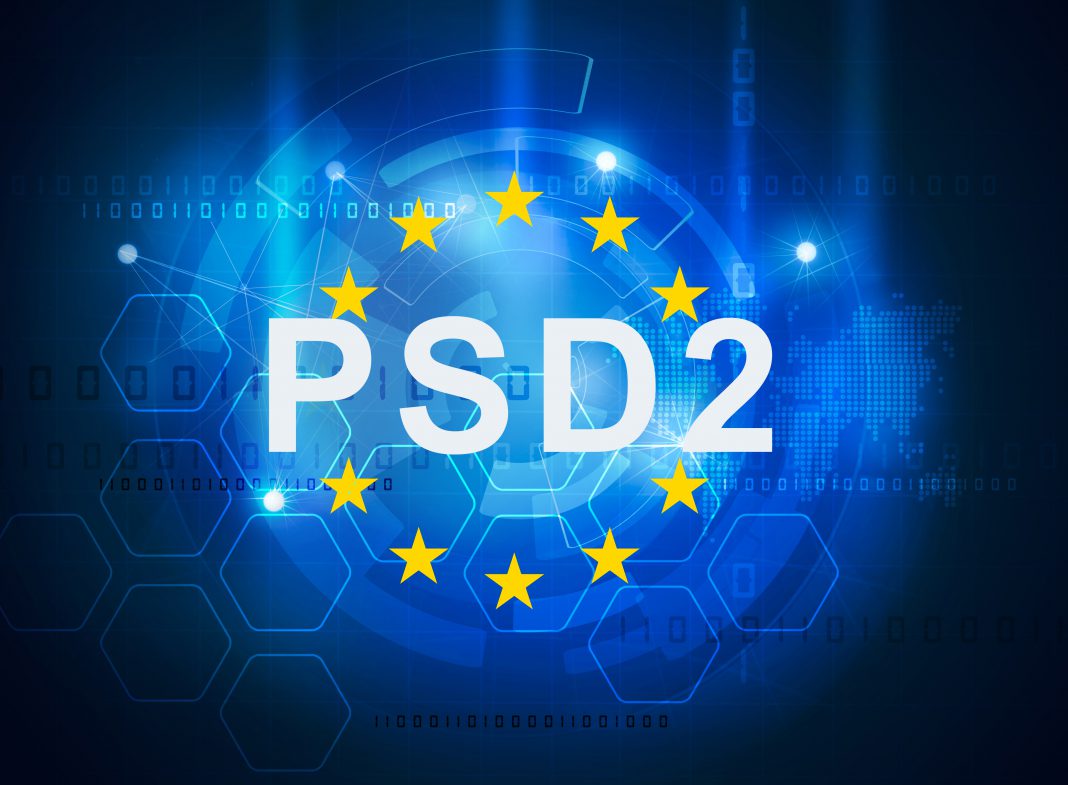A final decision has been made by the European Banking Authority (EBA) on what the guidelines on the limited network exclusion under the Payment Service Directive (PSD2) will look like.
What is outlined in the updated regulations are the rules under which will be decided if a network of service providers or a set of goods and services are ‘limited’, meaning that they are excluded from the Directive.
Certain methods of payments are expected to benefit if they fall under the ‘limited’ category, including fuel cards, store cards, public transport cards, and meal vouchers.
The final set of guidelines will seek to bring clearance on the uncertainty revolving around the exclusion and its varying degree of implementation across the EU. The Union’s Single Market for payment services will also be influenced positively by the Guidelines, creating a more transparent environment for both supervisors and customers.
Transactional means such as the ones previously described will be controlled by specific regulatory instruments to ensure that their use is limited if they fall under the exclusion, lessening potential harms for their users.
Clarity on the supply of excluded services has also been brought forward, putting on focus those consumers who cannot benefit from PSD2 protection provision to regulated services, as some might not be aware of that.
Additional improvements include instructions on how to calculate payment transaction value thresholds, how to submit relevant information to the specific national authorities, as well as how to describe excluded activity when registering it onto the national and EBA servers.
Drawing on from the feedback and concerns listed during public consultations, the EBA explained in more detail some of the assessments included in the new guidelines, emphasising on their mandatory character.
Consulting with the public has also led to changes in the original consultation paper. Instead of building functional connections based on the prominence of each one, the EBA now states that goods and services should be grouped in a specific category based on a common purpose.
The date when the new guidelines are coming into force is set to 1 June 2022. A transitional period of three months will follow so that issuers who are already considered to be benefactors from the exclusion can submit a new application to their relevant national authority.




















